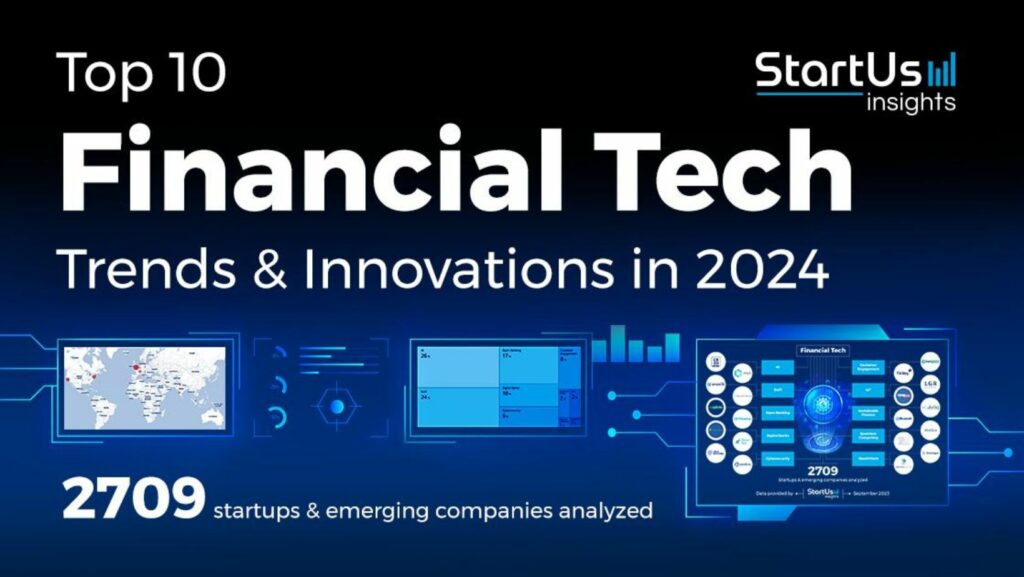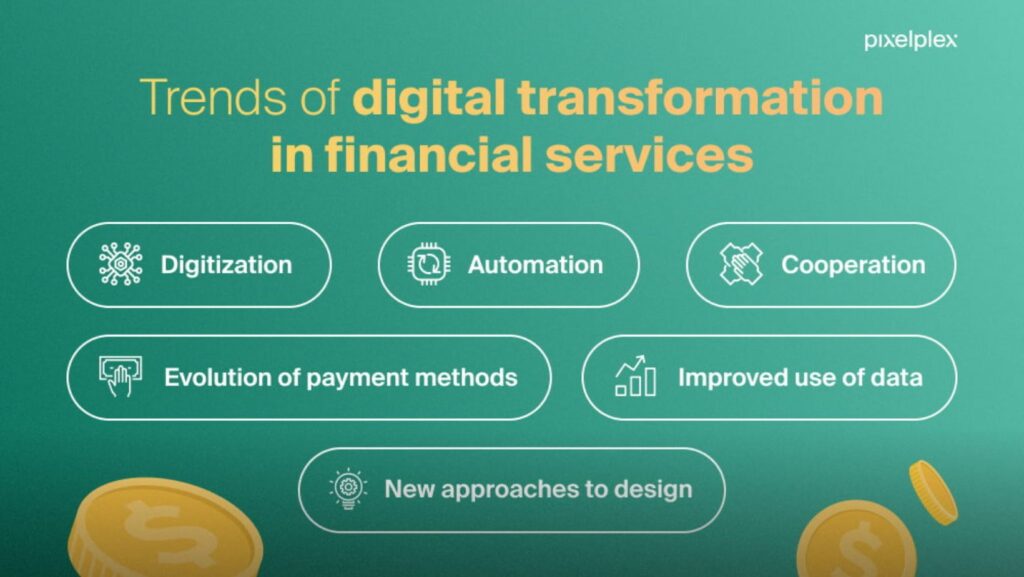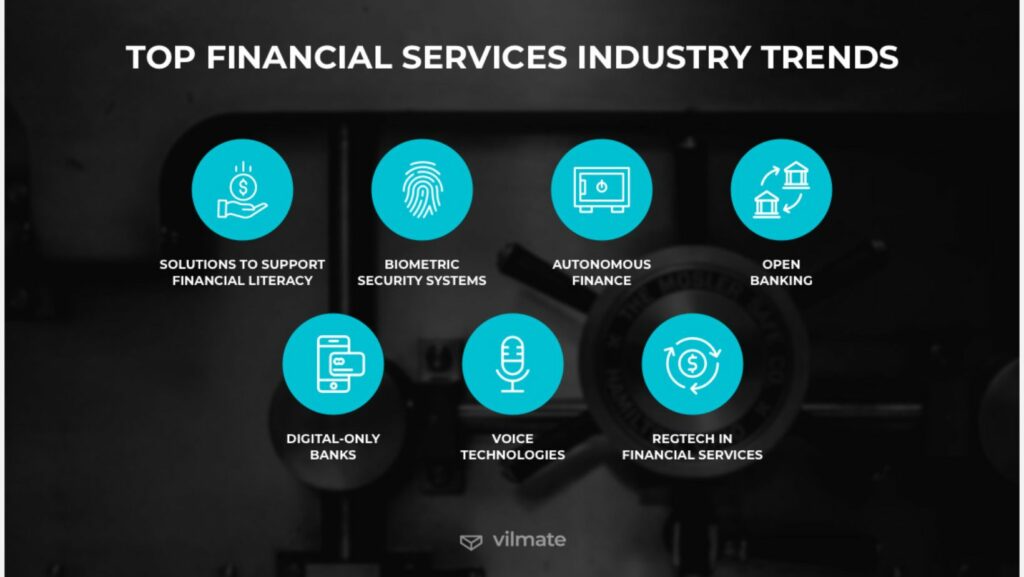Digital Trends in Financial Services
As we delve into the realm of digital trends in financial services, it becomes evident that technology is reshaping the way we interact with money. The digitization of financial services has brought about a wave of innovation, offering convenience and efficiency to consumers worldwide. From mobile banking to blockchain technology, the landscape of finance is evolving rapidly.

One cannot ignore the impact of Artificial Intelligence (AI) and machine learning on how financial institutions operate. These technologies have paved the way for personalized customer experiences, enhanced fraud detection capabilities, and streamlined processes. As AI continues to advance, we are witnessing a transformation in how data is analyzed and utilized in making critical business decisions.
Moreover, the rise of fintech companies has disrupted traditional banking models, prompting established institutions to adapt or risk being left behind. With digital payments, digital trends in financial services robo-advisors, and peer-to-peer lending platforms gaining popularity, customers now have more choices than ever before. The convergence of finance and technology is not just a trend but a fundamental shift that demands continuous adaptation and innovation from industry players.
Digital Trends in Financial Services Overview
In the fast-paced realm of financial services, digital trends play a pivotal role in shaping the industry landscape. As technology continues to evolve at breakneck speed, financial institutions are compelled to adapt swiftly to meet the changing demands and expectations of consumers. From mobile banking to AI-driven chatbots, the digital transformation of financial services is revolutionizing how individuals manage their finances.

Key Shifts in Digital Trends:
- Mobile Banking Revolution: The surge in smartphone usage has propelled mobile banking to the forefront of digital finance. With secure apps offering convenient features like fund transfers, bill payments, and account management on-the-go, customers now expect seamless accessibility to their financial resources anytime, anywhere.
- AI and Machine Learning Integration: Artificial Intelligence (AI) and Machine Learning algorithms are reshaping customer interactions within financial services. Chatbots powered by AI can provide instant support, personalized recommendations, and predictive analysis tailored to individual preferences – enhancing user experience while optimizing operational efficiency.
- Blockchain Disruption: Blockchain technology is disrupting traditional banking models by providing secure, transparent, and decentralized solutions for transactions. Through blockchain’s immutable ledger system, financial institutions can streamline processes such as cross-border payments and trade settlements with heightened security measures.
Statistics Snapshot:
| Digital Trend | Percentage Impact |
| Mobile Banking Adoption | 68% |
| AI Implementation Growth | 55% |
| Blockchain Integration Rate | 42% |
The convergence of these digital trends underscores the industry’s ongoing metamorphosis towards a more interconnected and technologically advanced future. By embracing innovation and leveraging cutting-edge solutions, financial service providers can enhance customer engagement, optimize operational workflows, and stay ahead in an ever-evolving digital landscape.
AI and Machine Learning
When it comes to AI and Machine Learning in the realm of financial services, the landscape is continuously evolving. These technological advancements are revolutionizing how financial institutions operate and interact with customers.

Utilization in Fraud Detection
One significant area where AI and Machine Learning excel is in fraud detection. By employing sophisticated algorithms, financial companies can analyze vast amounts of data in real-time to pinpoint suspicious activities accurately. This proactive approach not only safeguards customers but also minimizes financial losses for businesses.
Personalized Customer Experiences
Moreover, AI and Machine Learning play a pivotal role in tailoring personalized customer experiences. Through predictive analytics, institutions can anticipate client needs, offer targeted product recommendations, and enhance overall satisfaction levels. This customized approach fosters long-term relationships and boosts customer loyalty.
Risk Management Enhancements
Furthermore, these technologies bolster risk management practices within financial organizations. By leveraging historical data coupled with machine learning algorithms, firms can assess risks more effectively, identify potential market fluctuations, and make informed decisions swiftly. This proactive risk mitigation strategy fortifies the stability of the institution.
Market Forecasting Capabilities
Additionally, AI and Machine Learning empower financial experts with advanced market forecasting capabilities. These tools sift through vast datasets to recognize trends, predict market movements accurately, and provide valuable insights for investment strategies. Such predictive prowess equips professionals with a competitive edge in navigating dynamic markets.
In essence, the integration of AI and Machine Learning into financial services not only enhances operational efficiency but also elevates customer experiences while fortifying risk management frameworks. As technology continues to advance rapidly in this sector, embracing these innovations becomes imperative for staying ahead in an ever-evolving industry landscape.

